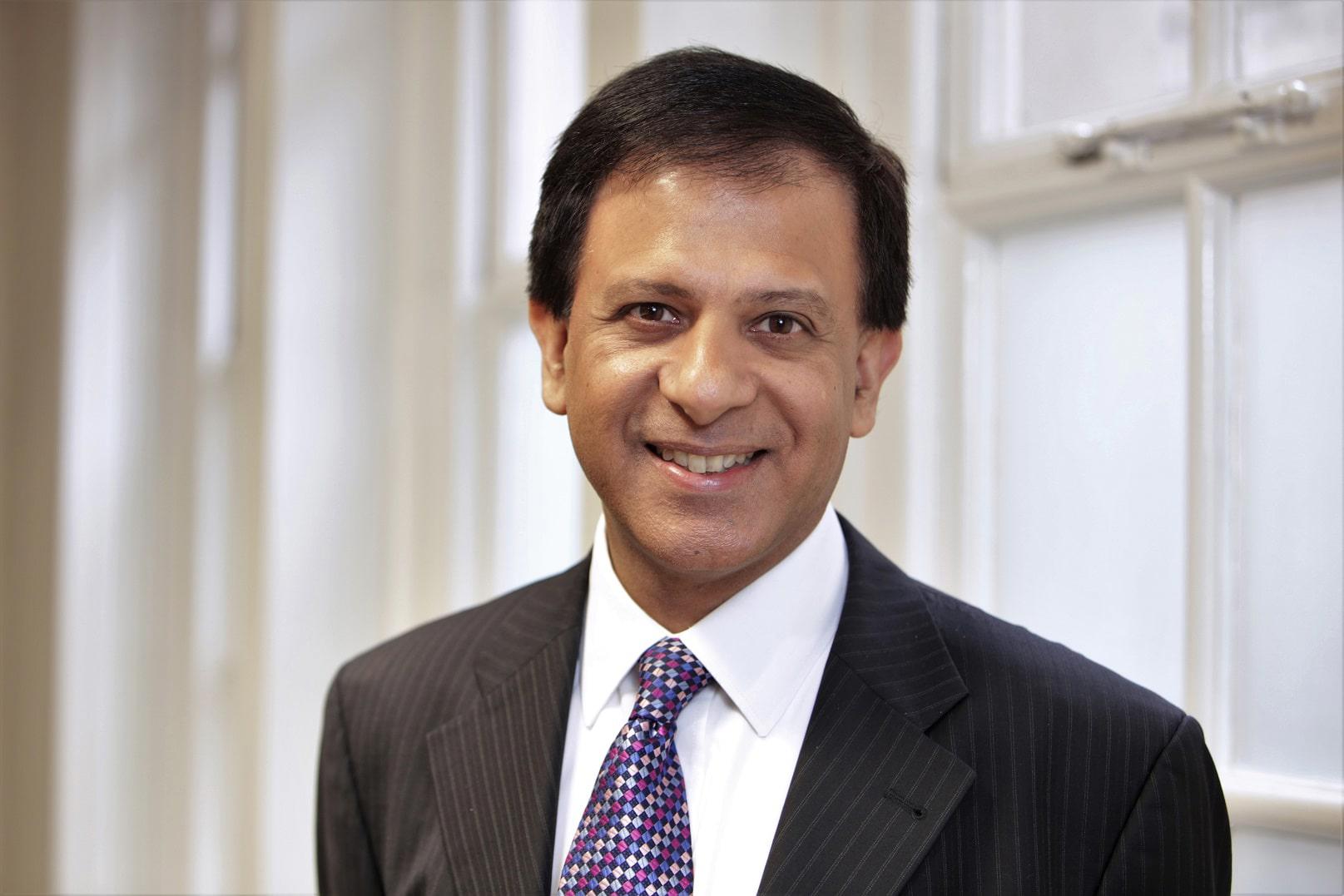‘You have changed my life, not sure how.’
This is what one doctor told GP Rebecca Viney after attending sessions of ‘the Doctors’ Mess’, an online forum which aims to provide doctors with a safe and non-judgemental space to come together and to share and discuss their personal and professional experiences.
Set-up by Dr Viney during the dark and uncertain early months of the pandemic last spring, the Mess has grown into a small community of doctors drawn from all branches of practice, stages of career and parts of the UK, and indeed, the world.
As well as helping to connect doctors in a confidential and compassionate environment, the Mess not only serves as a place for interaction among peers, but also a place in which attendees can access coaching and mentoring from medical educationalists.
Inclusive approach
 VINEY: 'A place where normal doctors can come and share'
VINEY: 'A place where normal doctors can come and share'
Since its launch last April, the Mess has hosted more than 90 sessions and included talks from guest speakers as well as discussion among members.
For Dr Viney, herself a GP appraiser and medical educationalist, the Mess is not simply a support group, but an all-encompassing and inclusive place.
‘We don’t see ourselves as “for doctors in difficulty”, we just see ourselves as a place where normal doctors can come and share,’ explains Dr Viney.
‘The horrible truth is that no one is immune to psychological distress at the moment. The last year, so many of us have been very uncomfortable in medicine or with patients, families and our own health and mental health.’
No one is immune to psychological distress at the momentDr Viney
For those working in the NHS, hospital mess rooms play a crucial role in doctors’ daily lives by providing an informal environment away from the wards where staff can see their colleagues, socialise and, at least partially, decompress from workplace pressures.
The arrival of COVID-19 and the changes it spelled through reductions in staffing, redeployment and amended rotas and social distancing have hampered this traditional form of interaction among doctors, making virtual environments like Dr Viney’s group all the more important.
Feedback from those who have attended Mess sessions appears to reflect this, from doctors stating that the group’s mixture of physicians from primary and secondary care increases perspective and common ground, while others have said that listening to others had made them better at considering their own needs.
Help for the marginalised
While access to the group is open to all doctors working in the UK, Dr Viney says that her aim is for the Mess to help those who might be working solo and without access to peer or pastoral support, or who are facing marginalisation within their workplaces due to ethnicity, nationality, gender or sexuality.
‘We are open to anybody with a GMC number in the UK from day one as a doctor to their last day,’ she says.
‘We aim to catch the people who have “no team”, who might be unemployed, on sick leave or coming back from sick or maternity leave.’
The work of the Mess further corresponds with the kinds of wellbeing care being offered by the BMA, which includes telephone-based services providing counselling and peer-based support.
We are open to anyone with a GMC number in the UKDr Viney
After initially financing the programme herself and through crowd funding, the mess has since been set up as a charitable organisation.
Dr Viney says that the struggle to obtain funding through the health service was because the Mess seeks to support all doctors, rather than for a particular branch of practice, geographical area or part of the NHS.
For Dr Viney, a big part of the reason behind the success of the Doctors’ Mess has been the vital and ongoing work of those who helped it come about.
Praising the contributions of Mess co-founder Dr Philippa Cockman and trustee Dr Naureen Bhatti, Dr Viney also paid tribute to the ‘amazing volunteerism’ of the facilitators, supervisor, digital support staff and administration.
Volunteer support
 NAGPAUL: Guest appearance
NAGPAUL: Guest appearance
‘The facilitators are extraordinary, so skilled, so hard working, twice a week at the start,’ explains Dr Viney. All of whom are giving their time and immense skills for free.
‘Several educator doctors came back from retirement others volunteered every week despite home schooling and full-time clinical work. Two are young Mums recently had new additions to their families and facilitated right up until the week they delivered.’
In order to help maintain and expand the activities of the Mess, she is now eager to recruit more volunteers with experience of facilitation, coaching and medical education to serve as facilitators to the group’s sessions.
BMA council chair Chaand Nagpaul is due to attend the Doctors’ Mess as a speaker on 24 June.
To join, email your GMC number and name to [email protected]

